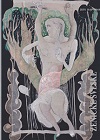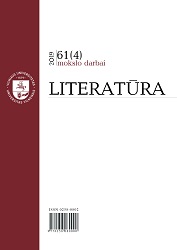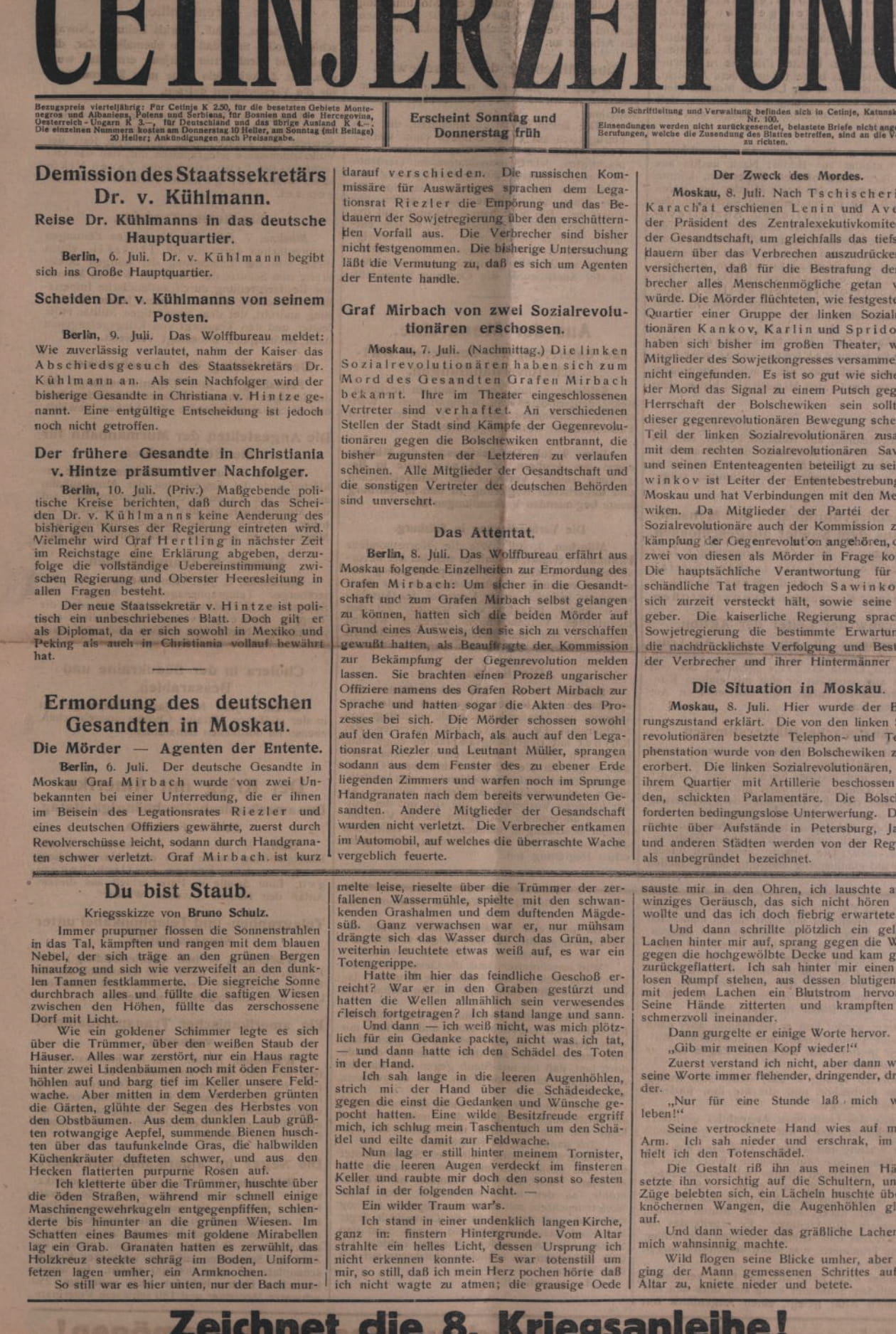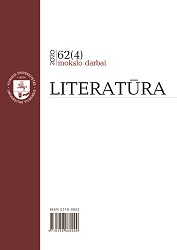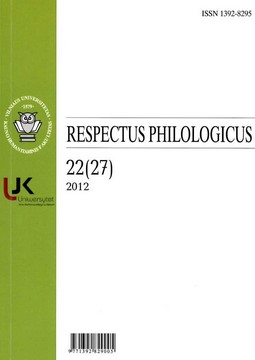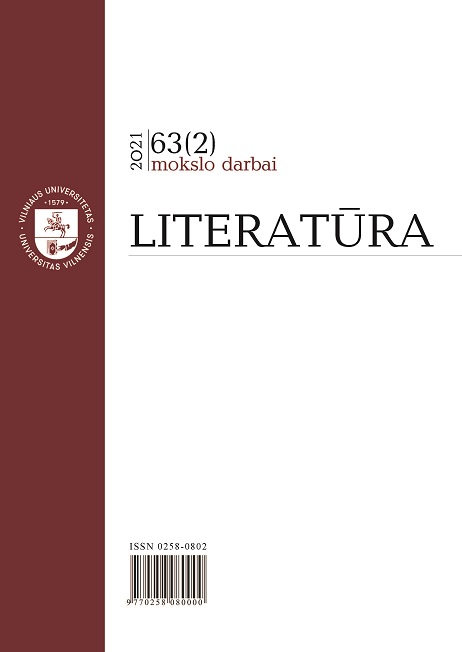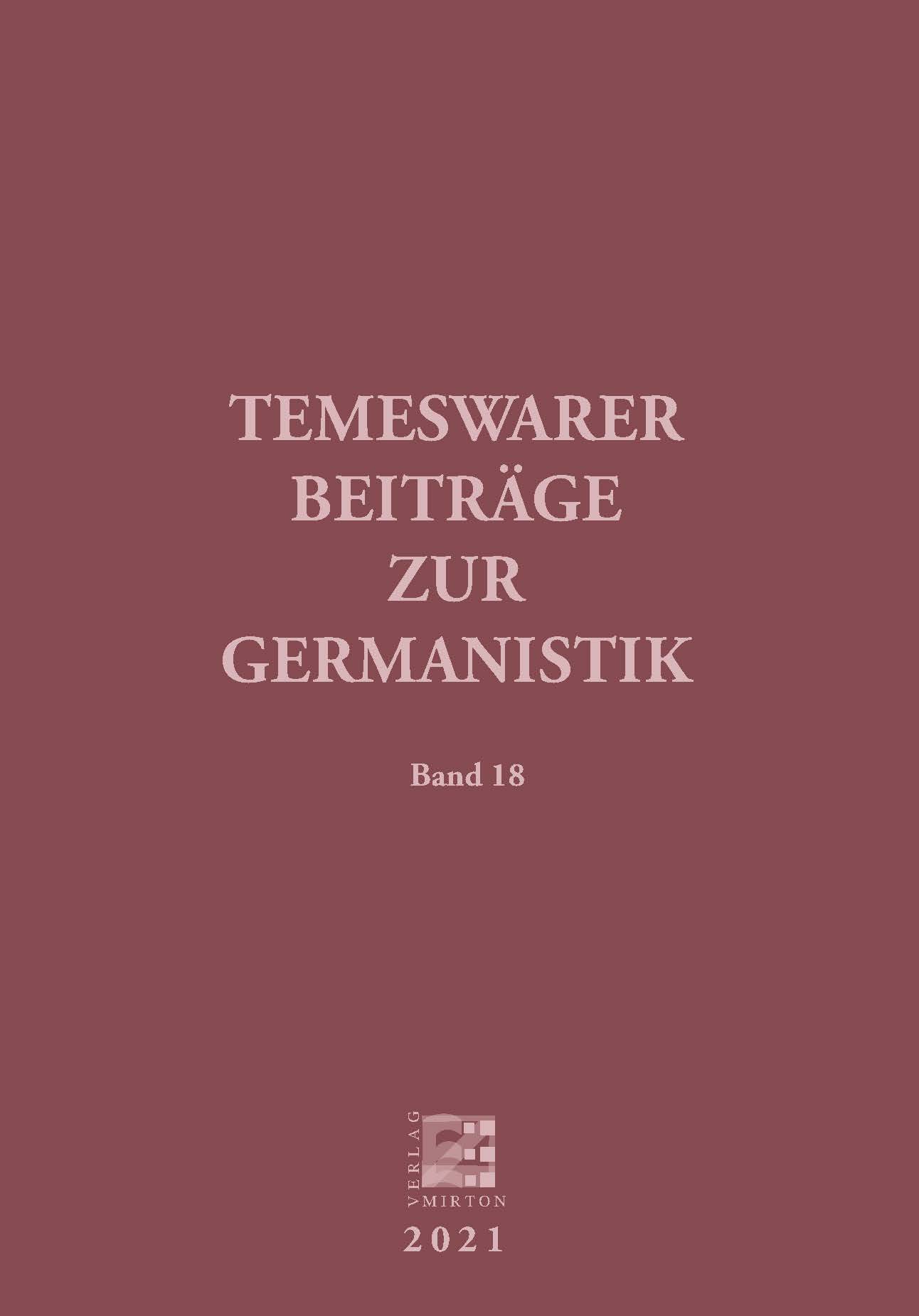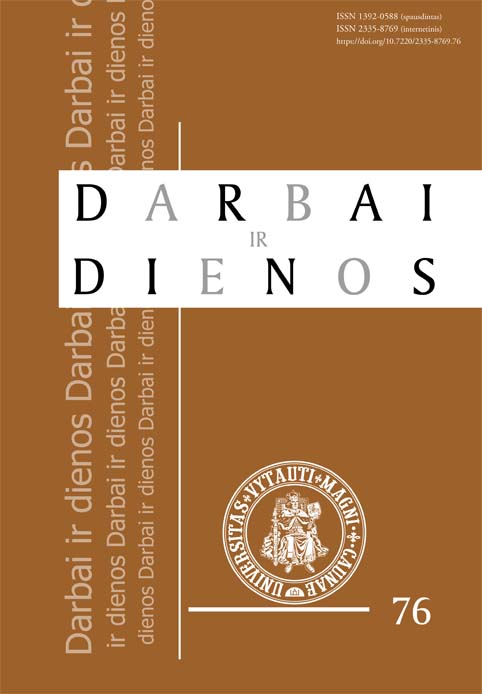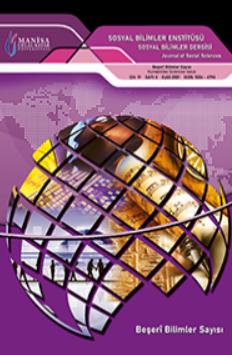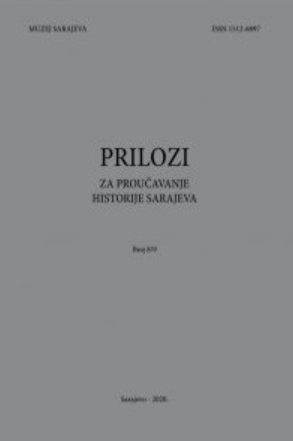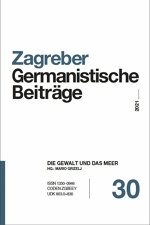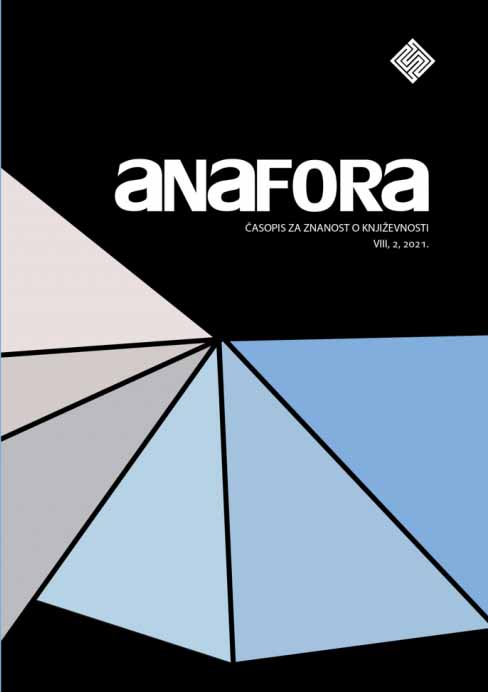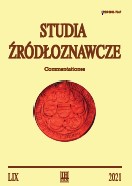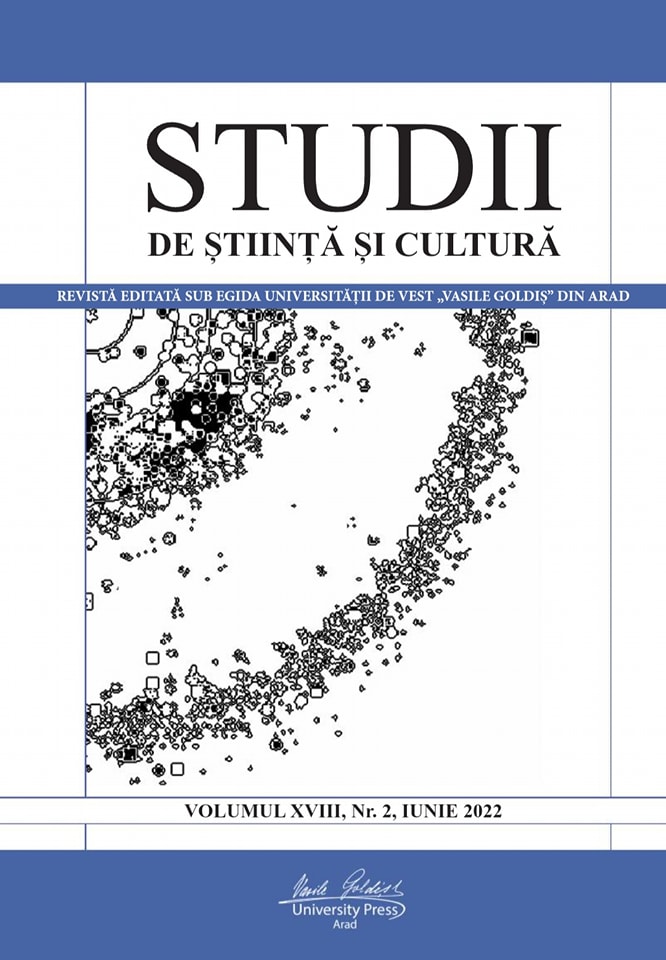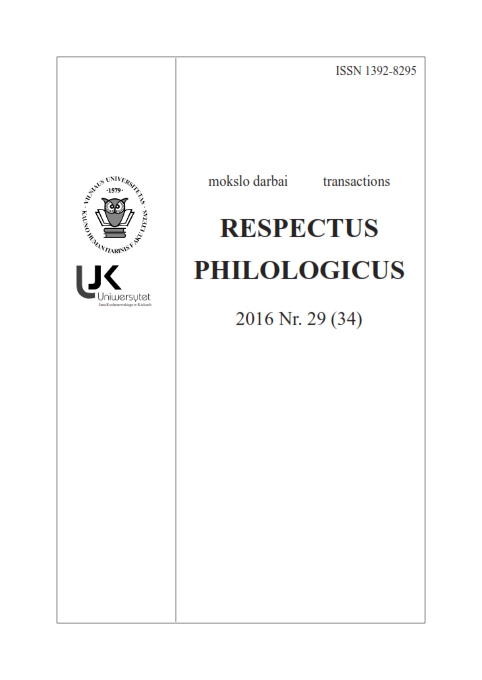
MOTYWY RELIGIJNE W POWIEŚCI GODY MAGDEBURSKIE GERTRUDY VON LE FORT
Gertrud von le Fort, who was born in 1876 in Minden in Westfalen and died in 1971 in Obersdorf, was a German writer, poet and essayist. A number of her works are backgrounded with historical events. The aim, however, is not to evoke concrete events or their historical reconstruction but to show some spiritual problems and the timeless Christian message. The objective of the article is to analyse religious motifs in the novel The Magdeburg Wedding. The religious elements are taken from a concrete aspect of reality, such as liturgy, or wider, i.e., the cult, the Bible and other religious texts or even authentic events from the history of the Church. Those motifs are present in the sphere of style, metaphor, subject matter and the ideological content of the work. The literary genres structurally connected with religious tradition are interwoven in the novel. The function of the Biblical paraphrases is to correct the thoughts or attitudes of the protagonists; they as well act as a determinant of morality. The metaphysical perspective, which is manifested in the novel in a variety of ways, is not only expressed by the elements belonging to the Christian tradition but as well shows the traces of magical thinking.
More...
